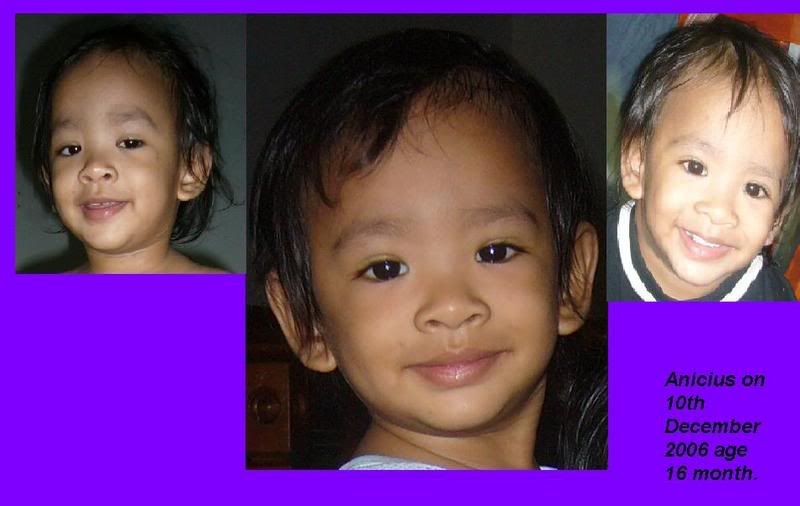
By Aubrey Ess, one of the children of MOS.
LAST Sunday, my family and I celebrated Mothers’ Day with a cake and a camera.
On a more essential level, we managed to spend time with mummy and grandma,treating the occasion as more of an opportunity to relate to our respective mothers.
The way I did it was to send my mother a cheeky SMS: “Mummy, you are a tower of coolness, comfort and cash”, to which we both shared a laugh.
Many advertisements seen leading up to Mothers’ Day were eager to bring mother and child together through a range of expensive gifts or holidays. I think, however, that we all know deep down that objects and vacations can never bridge any gap between two people.
On Mothers’ Day itself, an article in a newspaper asked Singaporean mothers
to grade themselves on how good a mother they have been.
Some felt that they did well because they tried their best, and others felt guilty for not being able to spend enough time with their children.
This was the deeper level of the importance of Mothers’ Day, with time spent not only in binding closer ties, but also in reflection.
I have three younger siblings. Over the years, I have participated in imparting
to them morals, behaviourial traits, and the mundane education of numbers
and letters. Consequently, today they are most like me than anyone else I know,for I helped make them who they are.
When my youngest brother and sister were toddlers, my mother told us “older siblings” not to fight in front of them as they would pick up our spite and
selfishness.
We older ones never succeeded, and today, though I am infuriated daily by the squabbling of my younger siblings, it is a result I expected would come to pass.
I have a share in the guilt and pride of these “children”, and even though I
am myself a teenager, perhaps I have an insight to what a mother— and likewise a father— feels.
What I didn’t expect,however, was to pass on my own fears and qualities. Deep
emotions and character traits, more innate than the spite that flies with every daily quarrel.
Often I only realise my actions after I have committed them. So my younger siblings follow them, just as they had picked up my shallow quarrels.
Looking at them, I can see my faults and know where I must improve. Other
times, I can see what is good in me, and it is like a boast come true.
I think mothers should continue to reflect on how good they are, and base their
conclusions not on their efforts alone, but also on how they are portrayed right
in front of their eyes by their children.
First published in Today 20th May 2006